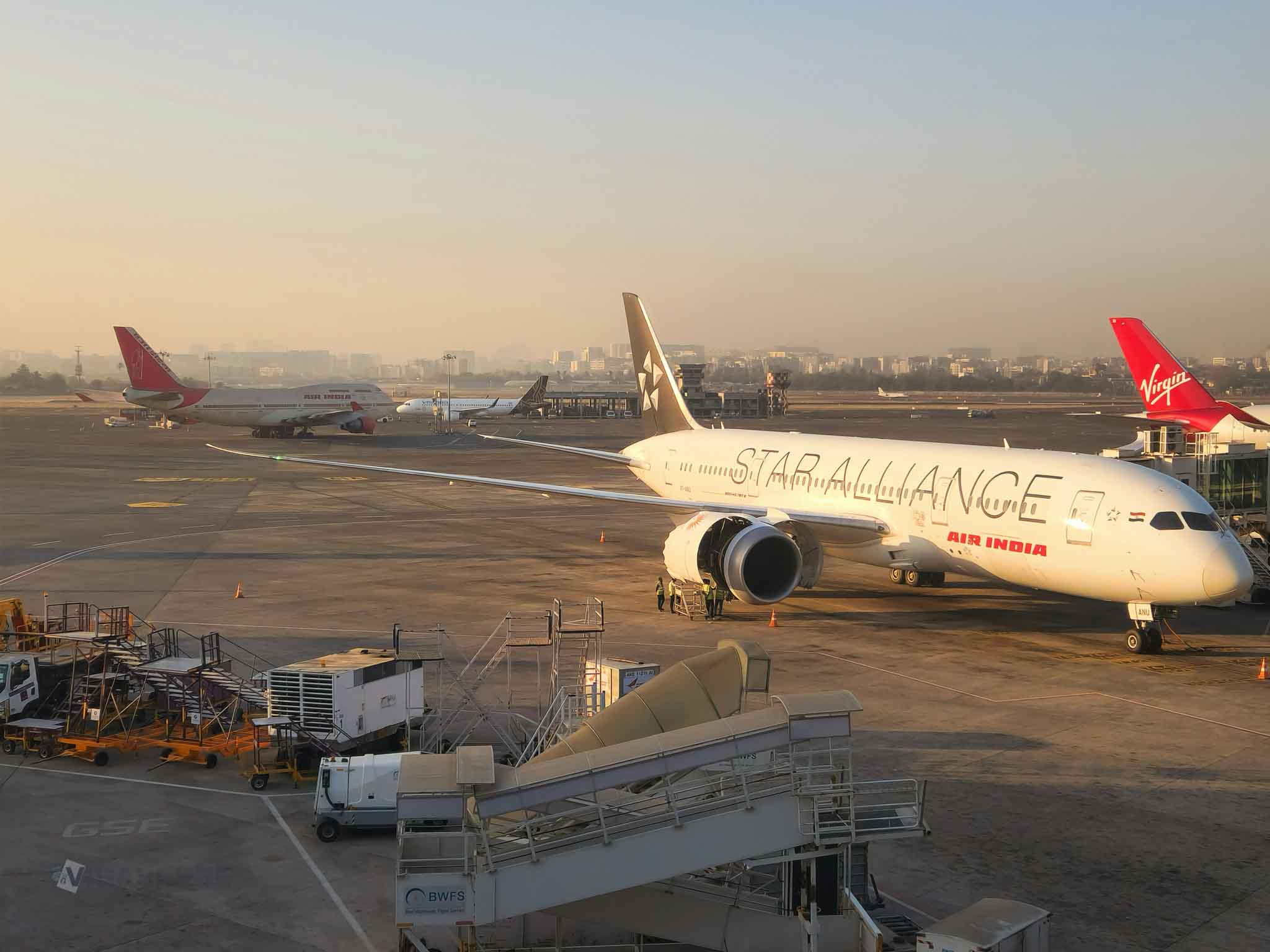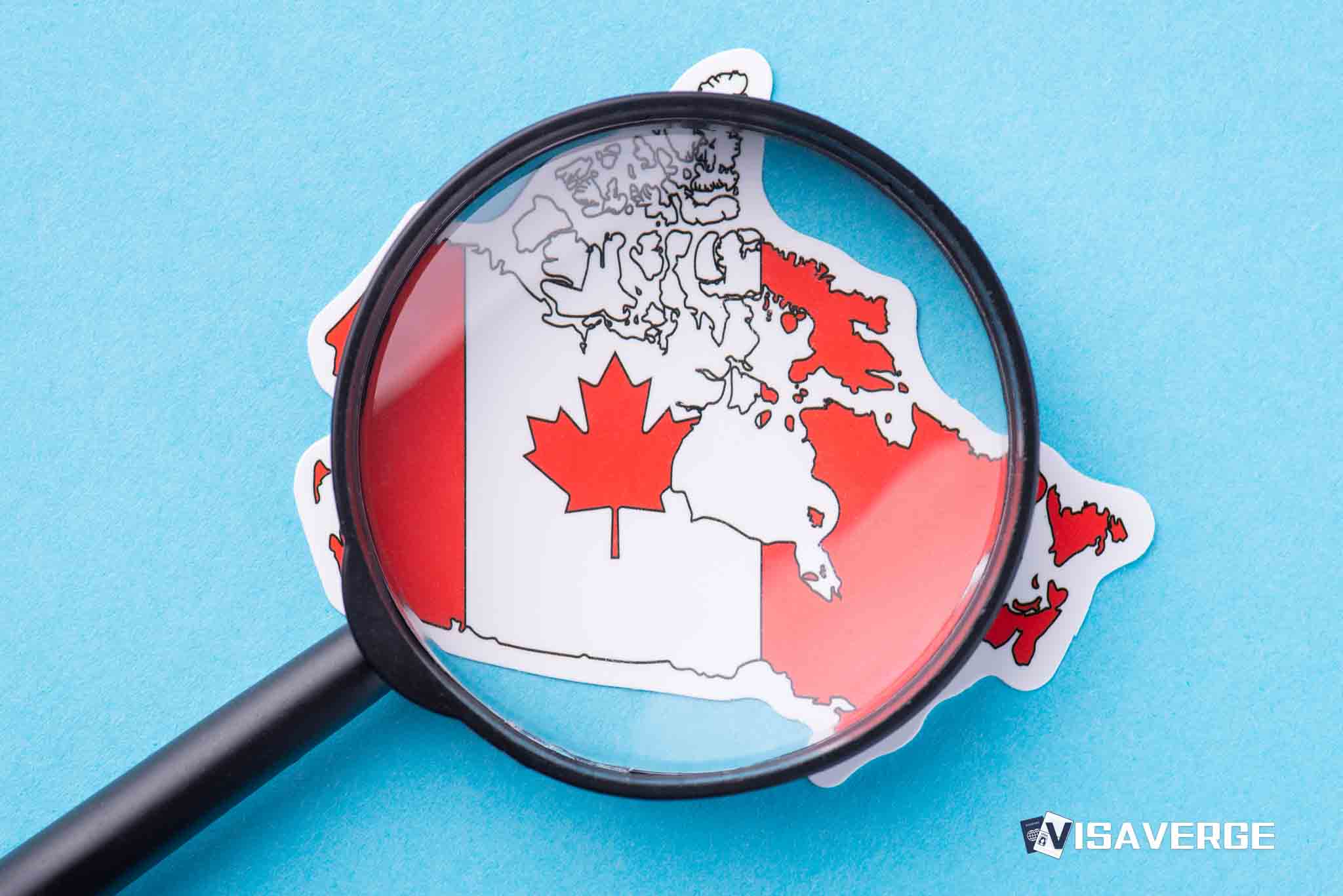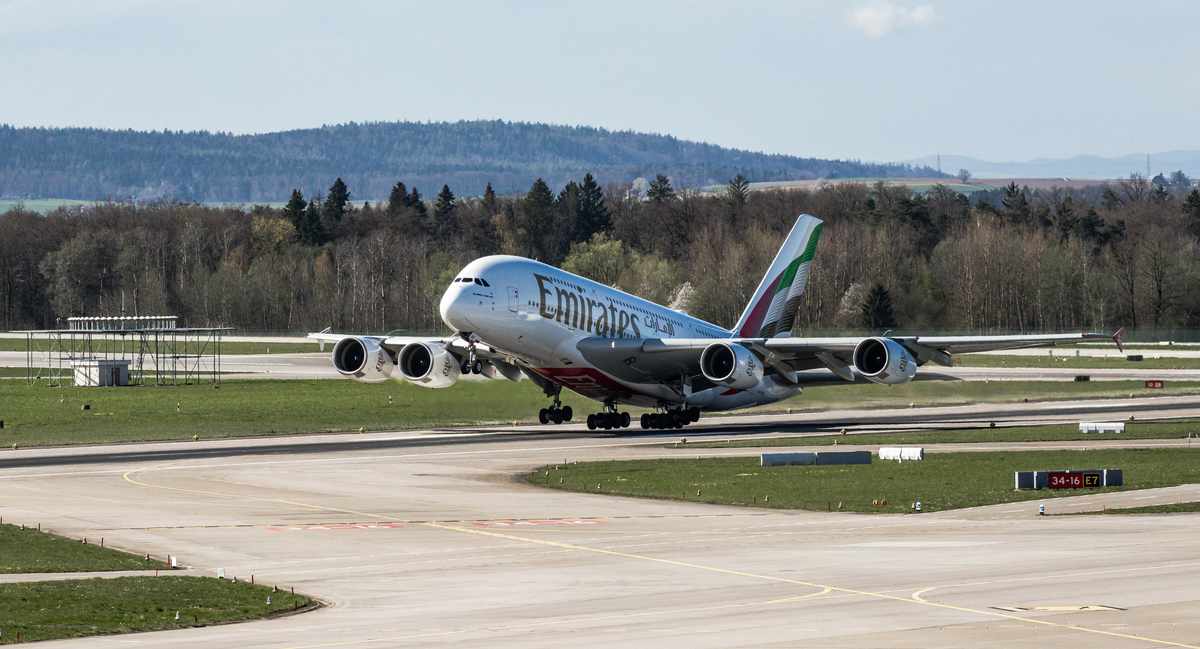(UNITED STATES/INDIA (IMPLICIT CENTRAL RELATION)) India’s Ministry of External Affairs (MEA) on September 20, 2025 issued a formal response to newly proposed U.S. H‑1B restrictions, warning that sudden changes could harm families and unsettle a key pillar of the India‑U.S. tech partnership. The MEA statement urged Washington to consult New Delhi and industry stakeholders before moving forward, noting that both countries benefit from the steady flow of skilled workers who drive technology, innovation, and job growth. Indian officials said they are reviewing the policy in full and expect India‑US talks with government and industry on both sides to find a workable path.
At the heart of the dispute is a proposal tied to a proclamation that echoes measures first promoted during the administration of President Trump: a $100,000 payment attached to certain H‑1B filings and tighter screening to discourage what U.S. officials describe as misuse that displaces U.S. workers. The plan also signals shifting priorities toward high‑paid applicants and heightened enforcement by the Department of Homeland Security (DHS) and the Department of Labor. While the formal contours are still being shaped, the MEA statement underscores a sharp concern: sudden H‑1B restrictions risk breaking up households and making it harder for families to stay together, a humanitarian cost that India wants the United States 🇺🇸 to handle “fairly and suitably.”

Core Themes: Economics and Human Impact
India’s position blends economic concerns with human impact.
- The government highlights decades of cross‑border talent mobility that has helped both economies grow.
- Indian engineers, scientists, and managers have filled skill gaps at U.S. companies and often helped create new jobs.
- The MEA argues this movement has built wealth in both countries, strengthened company‑to‑company links, and deepened people‑to‑people ties—factors that should weigh heavily as U.S. agencies translate the proclamation into rules.
According to analysis by VisaVerge.com, Indian skilled workers and U.S. employers are bracing for higher costs, longer timelines, and new uncertainty if the $100,000 requirement advances as described.
Indian industry bodies are already mapping likely effects on project staffing, client contracts, and hiring plans. The MEA stresses that the tech and advanced manufacturing ecosystem works best when visas support real‑world business needs rather than impose sudden barriers that cause chaos for workers and families. The ministry expects India‑US talks to consider these concerns alongside Washington’s domestic priorities.
Policy Details and MEA Response
The proclamation’s framework signals several changes to H‑1B vetting and prioritization:
- Requiring a $100,000 payment to accompany or supplement certain new filings.
- Directing DHS to restrict approvals that lack the payment.
- Instructing DHS and Labor to craft joint enforcement guidance with penalties.
- Pushing rulemaking to prefer higher‑wage, high‑skill filings.
U.S. officials frame this as protecting jobs, reinforcing supply chains, and setting firmer standards on employment‑based visas.
In its formal message, the MEA emphasized four main points:
- The Government of India has taken note of the H‑1B restrictions and is studying their implications, with industry doing initial analyses to counter misunderstandings about visa operations.
- Both Indian and U.S. industries rely on steady, predictable access to skilled talent, so the MEA expects consultations to determine “the best way forward.”
- Skilled worker mobility has long supported technology development, innovation, and economic growth in both countries—benefits policymakers should weigh carefully.
- The ministry highlighted the humanitarian consequences, warning sudden visa changes can disrupt families and urging U.S. authorities to manage these disruptions in a fair and suitable manner.
India does not dismiss U.S. domestic priorities. Rather, the MEA urges that cross‑border talent gains not be lost through measures that are too broad or too sudden. Officials in New Delhi argue policy shifts should be discussed in India‑US talks with a clear view of how supply chains, innovation cycles, and family stability interact. The MEA suggests humanitarian stabilizers—like transition timelines or targeted exemptions—could help avoid painful shocks.
Rulemaking Process and Opportunities for Input
Although the proclamation references priorities linked to President Trump’s earlier approach, implementation moves through federal agencies that will draft guidance and, where required, publish proposed rules. That process creates opportunities:
- Business groups, universities, and immigrant families can submit data on how the H‑1B restrictions would play out.
- The MEA appears poised to support industry submissions and engage diplomatically in parallel.
- India wants exceptions for critical projects and humane handling for families already living in the United States if final rules are steep or narrow.
Immediate Concerns for Employers and Workers
A key worry is speed—agencies moving quickly could force companies into rapid filing decisions during active projects.
- Companies may need to budget the $100,000 payment, collect new evidence, or wait for exemptions.
- Firms that rely on H‑1B professionals for fixed‑date client work could see delays.
- Tight verification rules and penalties could prompt companies to tighten internal checks, revisit wage levels, and reassess on‑site vs. remote staffing.
If these burdens push U.S. onboarding costs or timelines higher, some work may shift offshore or roles be restructured to meet salary thresholds—trade‑offs that the MEA warns could harm legitimate placements that power R&D and product rollouts.
Practical Mechanics: Form I‑129 and Filing Impact
The H‑1B petition process relies on Form I‑129 (Petition for a Nonimmigrant Worker).
- Any change that adds fees, new evidence, or prioritization rules will affect this process first.
- If a final rule requires a $100,000 payment alongside Form I‑129, large firms must rethink hiring calendars and budgets, while mid‑size and smaller employers risk being priced out.
- For current baseline guidance, readers can consult the official USCIS page on H‑1B specialty occupations.
Employers considering future filings should monitor agency announcements and prepare for updated instructions tied to the proclamation.
Humanitarian Concerns: Families and Communities
The MEA draws attention to dependent spouses and children.
- Spouses may lose work authorization or face employment gaps if primary workers are delayed or denied.
- Children in school may confront mid‑year moves or visa lapses.
- The MEA requests fair handling to safeguard families through transition periods, targeted exemptions, and case‑by‑case reviews.
India’s message stresses that these visas are part of the scaffolding of family and community life—not just employment documents.
Economic Effects and Sectoral Impacts
India’s IT and consulting sectors have long partnered with U.S. firms in software development, cloud services, cybersecurity, analytics, and digital transformation.
- Many projects require periods of on‑site work in the U.S. for client compliance.
- If H‑1B costs spike and approvals tighten, firms will triage projects, shift tasks offshore, or find alternative visa paths.
- U.S. companies that rely on Indian talent could face staffing shortages, product delays, and higher costs.
The MEA urges a measured approach: preserve bilateral prosperity by avoiding blanket rules that disrupt core partnerships.
Wage Prioritization: Trade‑offs and Sectors at Risk
Prioritizing higher wages is framed as selecting the “best and brightest,” but salary is only one skill indicator.
- Emerging sectors—clean tech, health tech, AI safety—often need specialized talent at varying pay bands.
- A narrow wage lens risks sidelining promising teams that create jobs and new tools.
- Policymakers must consider which occupations fit public interest needs, and how startups and research groups can access necessary talent.
Students, Early‑Career Professionals, and Long‑Term Talent Flows
India is concerned about the signal sent to students and early‑career professionals.
- A sudden barrier at entry can redirect talent flows to other markets, costing the U.S. in the long run.
- India’s stance: protect domestic workers while keeping doors open for skills that expand jobs rather than replace them.
- The MEA statement is both a warning and an invitation to sit down, review the data, and shape mutually beneficial rules.
Human and Economic Impact: Illustrative Cases
- A software architect in Texas facing a renewal during a shift to a $100,000 payment rule may see family plans for school, mortgage, and medical care disrupted.
- A biotech team missing a data engineer’s start date because of visa delays could hit clinical trial timelines.
- Small U.S. startups reliant on specialized hires risk being squeezed hardest; large firms may absorb fees but still face delays.
Industry groups in India are collecting rate cards, project timelines, and case studies to support targeted exemptions and phased timelines. The MEA intends to amplify such evidence during diplomatic engagement.
Recommended Practical Steps
Practical steps for affected parties while rules evolve:
- Employers:
- Budget for potential fee changes.
- Map critical roles requiring U.S. on‑site presence.
- Prepare evidence showing why specific placements are necessary.
- Workers:
- Keep documentation updated.
- Track employer communications closely.
- Prepare for longer timelines.
- Families:
- Plan around school calendars, travel, and health needs.
- Ask employers about contingency plans for renewal delays.
- Industry groups:
- Collect case studies showing where H‑1B restrictions cause collateral damage, especially for time‑sensitive projects.
Possible Exemptions and Safeguards
India’s call for fair handling includes hope for case‑by‑case exemptions in areas like national security, critical infrastructure, health systems, and key supply chains. The MEA seeks transparent, understandable standards so companies can plan.
Process Watchpoints: Draft Rules and Comment Periods
- If DHS and Labor publish draft rules, the comment period will be a key venue for feedback.
- Employers will likely propose targeted enforcement—stronger audits and clearer wage rules—rather than a blanket $100,000 payment that prices out many legitimate hires.
- Visa processing mechanics—documentary checks, client letters, skills assessments—may lengthen preparation time for Form I‑129 filings and push earlier project planning.
Local and Community Effects
Community impacts will show up in local schools, housing markets, and regional economies where H‑1B families live and work. Parents on fixed‑term projects plan around school years; sudden status changes can force emergency moves. The MEA urges building cushions—grace periods, clear travel and work guidance, and robust help desks—to reduce harm.
Current MEA Position and Path Forward
For now, the MEA’s position is steady:
- Review the measure carefully.
- Keep families in mind.
- Hold India‑US talks that recognize shared gains from talent mobility.
India wants higher standards built with clear rules that target bad actors while protecting legitimate hiring that helps both economies grow. Measured rollouts, focused enforcement, and humanitarian safeguards are the ministry’s proposed balance.
Action Items and Sources for Stakeholders
- Employers, workers, and families should watch official channels for updates.
- The U.S. Citizenship and Immigration Services maintains an authoritative page on H‑1B specialty occupations with current eligibility and filing details.
- Petitioning employers will continue to rely on
Form I‑129to file for H‑1B status and should expect updated instructions if fees or evidence standards change.
The MEA’s wording is firm on risks and open to dialogue: keep the door open for talent that expands opportunity on both sides, and shield families from the harshest shocks while the policy debate moves on.
Links:
– Official H‑1B program overview and eligibility: see the USCIS H‑1B specialty occupations page on the U.S. government website for authoritative requirements and updates.
– Petition form reference: Form I‑129 (Petition for a Nonimmigrant Worker) is the standard vehicle employers use when seeking H‑1B status; consult the official USCIS form page for instructions and filing details.
Frequently Asked Questions
This Article in a Nutshell
On September 20, 2025 India’s Ministry of External Affairs responded to proposed U.S. H‑1B restrictions that would attach a $100,000 payment to certain filings and prioritize higher wages. The MEA warned sudden implementation could disrupt families, project timelines, and the India‑U.S. tech partnership, urging consultations with New Delhi and industry stakeholders. Analysts and industry bodies expect higher costs, longer timelines, and potential shifts of work offshore if rules proceed unchanged. India advocates targeted exemptions, transition timelines, and humanitarian safeguards for dependents while preparing diplomatic engagement and supporting industry submissions during the federal rulemaking process.








